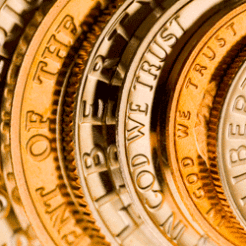Increasing the tax for the rich will not mean they will start giving away more money to charity, says Adrian Beney.
A number of commentators have recently suggested that the rise in Capital Gains Tax from 18 per cent to 28 per cent represents an opportunity for charities to raise more money from higher rate taxpayers'. I find this very odd assertion, for three reasons.
Firstly, these people will be paying more tax. Paying tax usually makes people feel bad and when people feel bad I think they are less likely to give away money. Even though there is a sense of satisfaction for some people in "beating the taxman", the fact is that on their capital gains they do keep for themselves, they will now be paying more tax. They will therefore have less money in their pockets. I do not understand why this will make them more likely to give away money to charity.
Secondly, every study I have ever seen on donor motivation places tax relief very low on the list of reasons why people give. I am quite sure that it has an impact on how much the person feels they can afford to give, but I am equally sure it has very little impact on the decision to give.
Thirdly, there are those who argue that the current relief for higher rate taxpayers on gift aid donations should be abolished. They argue that this would have very little impact on the amount that is given since many donors do not claim the tax relief anyway. Supporters of this abolition quote a (in my view somewhat flawed) study carried out for the Treasury by a team from the University of Bristol which suggested that the overall effect of this abolition would be neutral.
I'd would like to know why supporters of abolition can argue that tax relief makes no difference to wealthy people using the gift aid scheme, whereas it would make all the difference to those whose CGT bill has just gone up from 18 per cent to 28 per cent. I don't think you can have it both ways.









